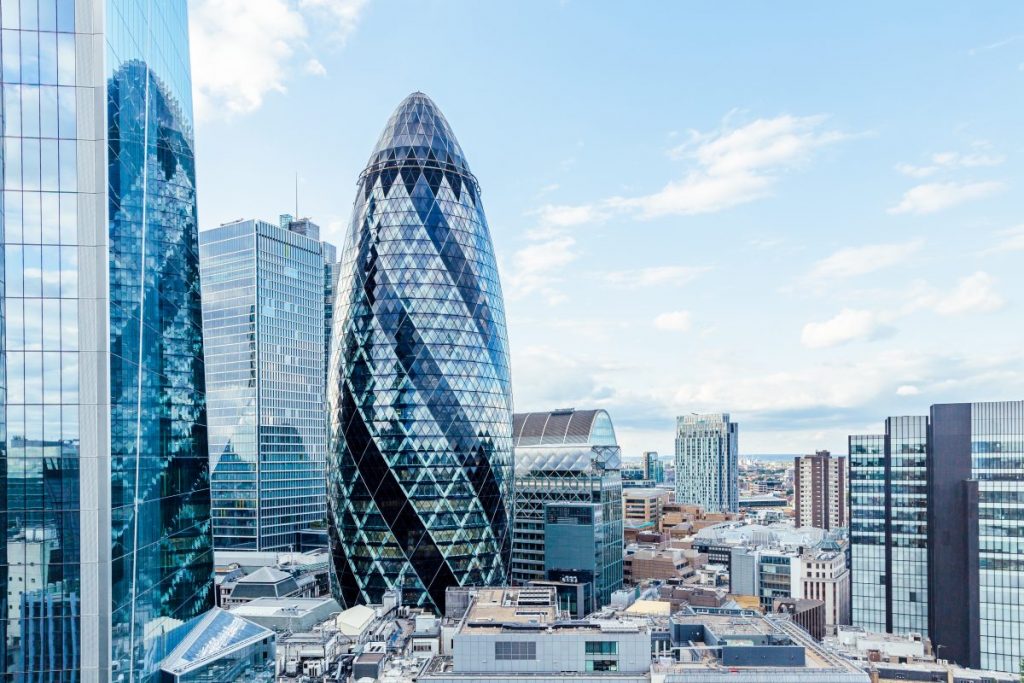Established in Glasgow in 1849 under the name of Arthur and Fraser, House of Fraser (HoF) is a household name across the UK. The British department store group has 56 stores and 2 outlets across the United Kingdom and Ireland. However, despite its long history, strong brand, and rich heritage, HoF has become the latest in a string of bankruptcies on the high street that has plagued the retail sector. Last year alone 5,855 stores were closed, the highest figure in any one year since 2010.
HoF was bought out of administration for £90 million in cash by Mike Ashley, the owner of Sports Direct. It is rumoured that 12 stores will be closed, as the billionaire tries to appease suppliers who lost money when the store went under.
According to EY, suppliers are owed circa £484 million. In recent months Maplin, Toys R Us and Jacques Vert have all collapsed with many more struggling retailers and restaurant groups trying to close stores or negotiate cheaper rents in a last ditch attempt to keep the companies afloat. M&S, another quintessentially British name, is aiming to close a third of its main stores (roughly 100 outlets) over the next four years as part of a ‘radical transformation’ plan intended to tackle years of falling sales and profits, despite previously focussing more on their food offering and enlisting the help of model turned actress Rosie Huntington-Whiteley in a bid to attract a younger, trendier audience.
Unsurprisingly, the main reason for the decline in high street footfall is the advent of e-commerce. Online shopping has exploded over recent years with websites like Amazon and ASOS, operating without any bricks and mortar stores, paving the way for the future of shopping. Understandably, without the operating expenses associated with a physical shop, such as rent and overheads, coupled with fewer staff, these companies are already one step ahead financially.
In the wake of House of Fraser’s difficulties, Chancellor Philip Hammond has floated the idea of an “Amazon tax” for online retailers in a bid to “level out the playing field” between web giants and small shops. The amount of taxes paid by large conglomerates, not just online retailers, has been the subject of public debate for a number of years. Amazon paid just £4.6 million on £2 billion of sales, equating to a tax rate of roughly 0.23%. Similarly, ASOS paid a tax rate of roughly 0.80%.
However, as is often the case with the imposition of taxes, online retailers would likely pass on the increased costs to consumers. Given the subdued wage growth being seen in the UK the result could be a slowdown in shopping altogether, not necessarily a redirection to the high street. Additionally, according to the British Retail Consortium, over half of the 17% of online sales made last year, were with retailers that also have bricks and mortar stores including the likes of Next. Companies with both an online and physical presence would therefore be hit twice.
Before a reorganisation of taxes is imposed it’s worth considering why the high street is really suffering, and that’s not simply because online retailers have a financial advantage. Some of the most common reasons cited for online shopping is the ease and convenience with which consumers can access the stores, peruse a greater number of options in a significantly shorter amount of time, the ability to compare prices, locate sales and avoid the crowds.
The government should perhaps look to adapt the high street. Lower business rates, the taxes paid by brick-and-mortar establishments, would have a big impact on these companies. As they are often based on estimated rent values they can be crippling. The shift in work schedules over the past few decades, as well as the inclusion of more women into the workforce, means that shops that close at 5 or 6pm when many are still in the office will suffer. Relaxing strict Sunday trading would also provide consumers with more time to shop. At the end of the day every high street is very different, the problem does not have a one size fits all solution. Big changes need to be made to save the high street, including understanding the needs and wants of residents, visitors and workers of the area.

Sentiment on UK equities in general reached an all-time low in March according to the Bank of America Merrill Lynch’s fund manager survey. However, it is retailers in particular that have taken a battering, as can be seen in the chart above. The chart shows the FTSE All Share (orange) versus the FTSE All Share Retailers (white) since the Brexit vote back in June 2016 and the extent to which the sector has underperformed.
According to Bloomberg, UK general retail shares are trading near the cheapest on record against global peers. A lot of fund managers don’t believe that this is entirely justified and actually see this as an opportunity. Many think that all retailers have been lumped together in terms of valuations based on low sentiment, despite the fact that within the retail sector several of these companies will be able to weather the storm, and are inherently good companies with strong balance sheets and truly viable businesses. Many of these companies will turn out to be ‘value traps’, companies whose share price appears cheap on historical measures or valuation grounds and does not recover. It is the job of a skilled stock picker to be able to see which companies have true value. We believe that a good track record of this is a key driver in performance returns and therefore one of the many parameters that we consider during our rigorous fund manager selection process.













































